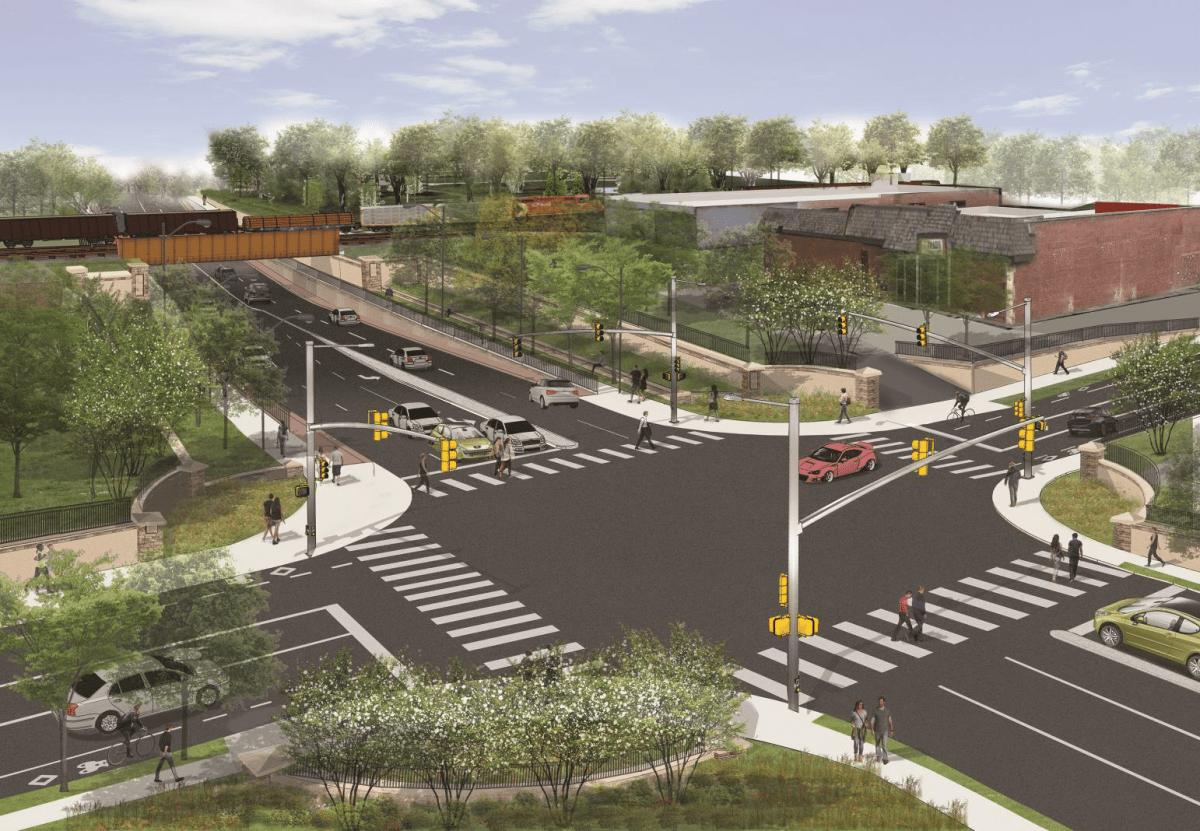Railway rationalization was discussed at length during the civic works committee meeting on Monday.

The committee was looking to reduce traffic delays caused by trains running on railway lines cutting across the city.
The discussion concluded with the committee casting a unanimous 6-0 vote in favour of a recommendation from city staff that seeks to combat the delays. The recommendation suggests the city continues with grade separation projects, such as the underpass planned for the rail crossing on Adelaide Street near Central Avenue.
When discussing the motion, Ward 2 Coun. Bill Armstrong brought up the idea of consolidating the Canadian Pacific rail line with the Canadian National mainline corridor.
A staff report presented to the committee suggested complexity and cost are major obstacles standing in the way of relocating the lines, and therefore recommended consolidation.
However, Armstrong argued that the two lines would never agree on consolidation.

Get breaking National news
“It’s like going to Coca-Cola and saying, ‘Would you allow us to put some Pepsi in your vending machines?’ The answer would be, ‘We’re not interested,'” said Armstrong.
Armstrong then suggested having the federal government force the two railway companies to come to an agreement over the lines cutting across London.
This idea was refuted by London’s managing director and city engineer, Kelly Scherr, who stated both CN and CP would have no obligation to pay for any of the costly changes to their rail lines.
“The city would be fully responsible for the capital costs… railways typically want municipalities to pay ongoing operating cost differences as well,” said Scherr.
London drivers are no stranger to the helpless feeling of being stuck behind a train on some of the city’s busiest streets such as Richmond and Adelaide.
Just last month, the city implemented a new system called TRAINFO that will measure train delays at railway crossings in London.
The $50,000 project hopes to give drivers an understanding of how their time will be impacted if a train comes by along with the chance to find an alternative route if necessary.













Comments